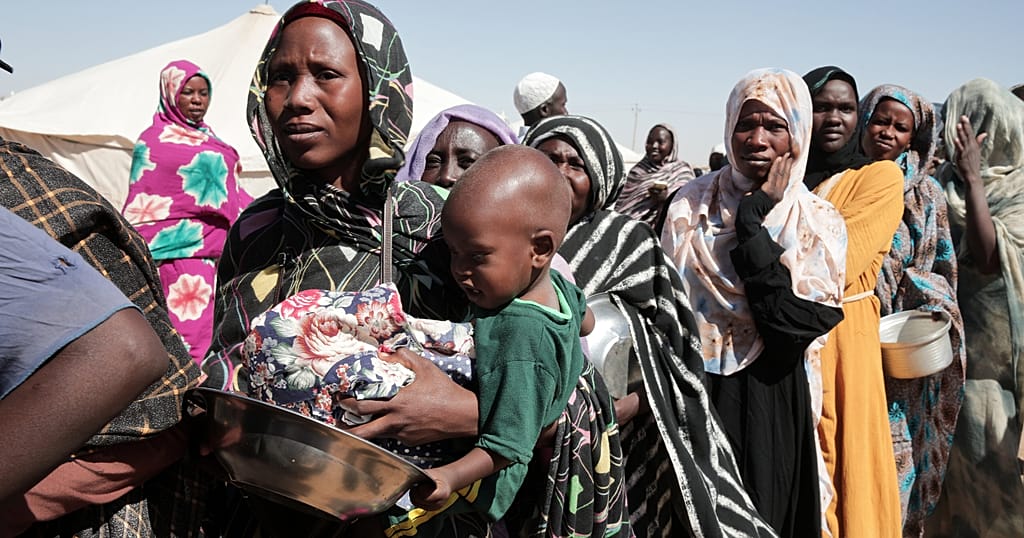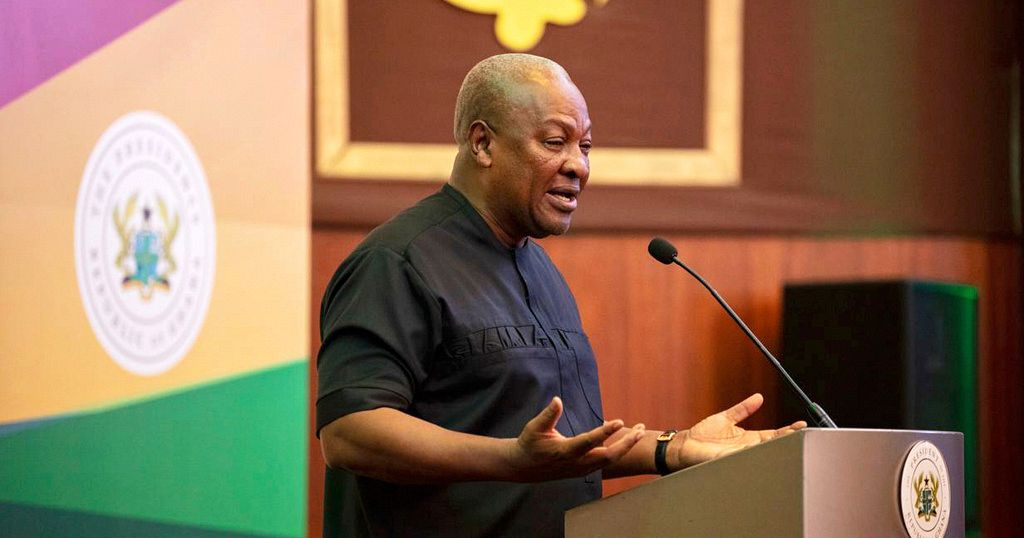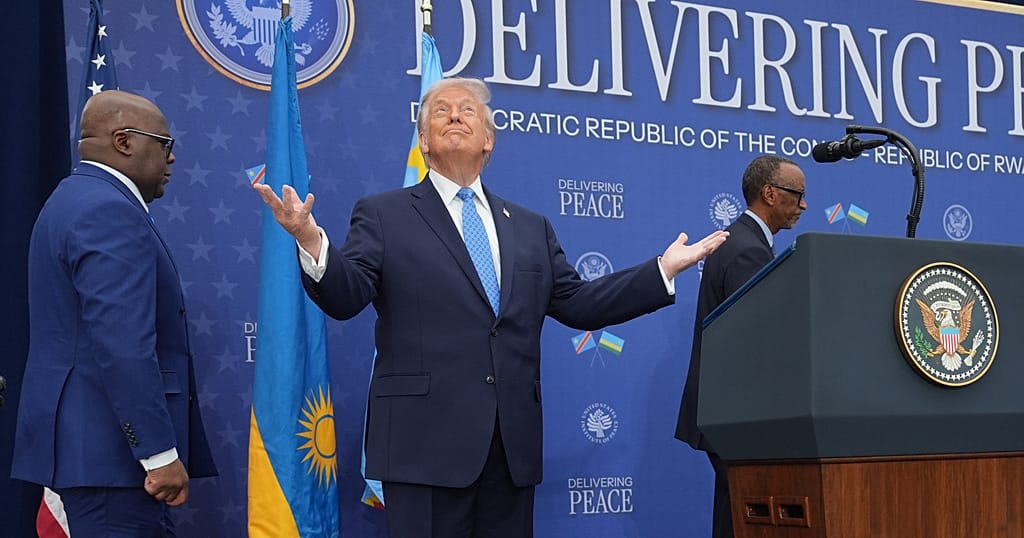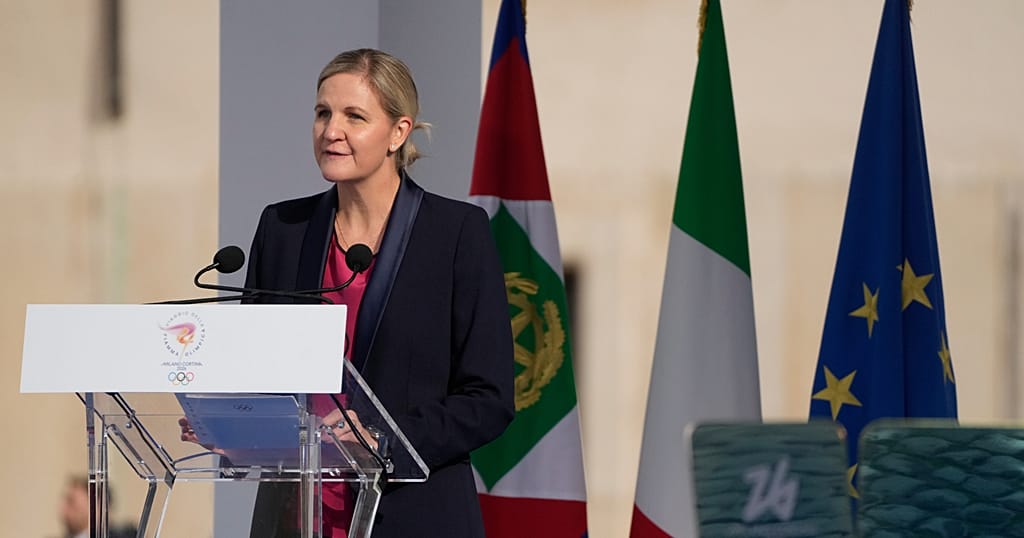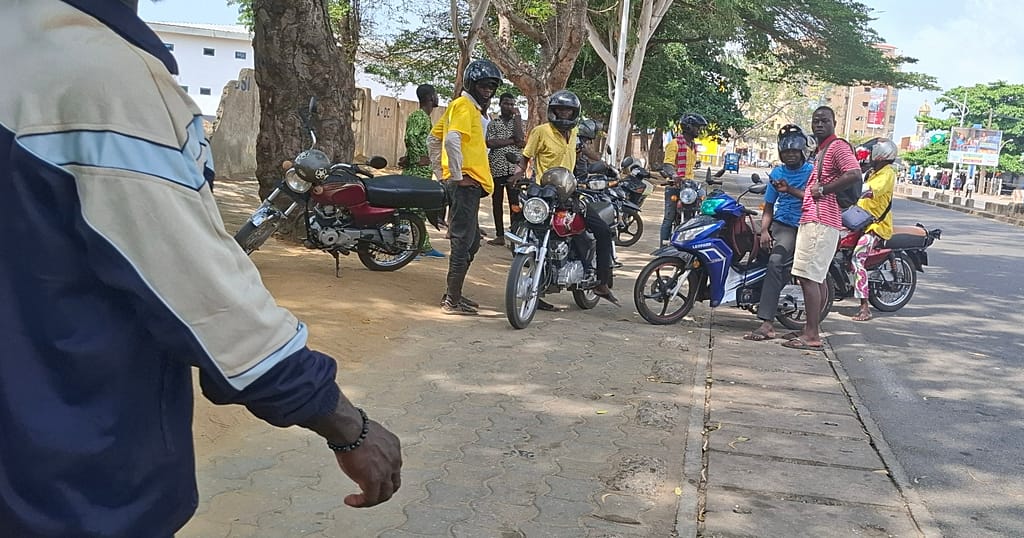UNGA 2024: Africa’s path to sustainable urban development and technological innovation
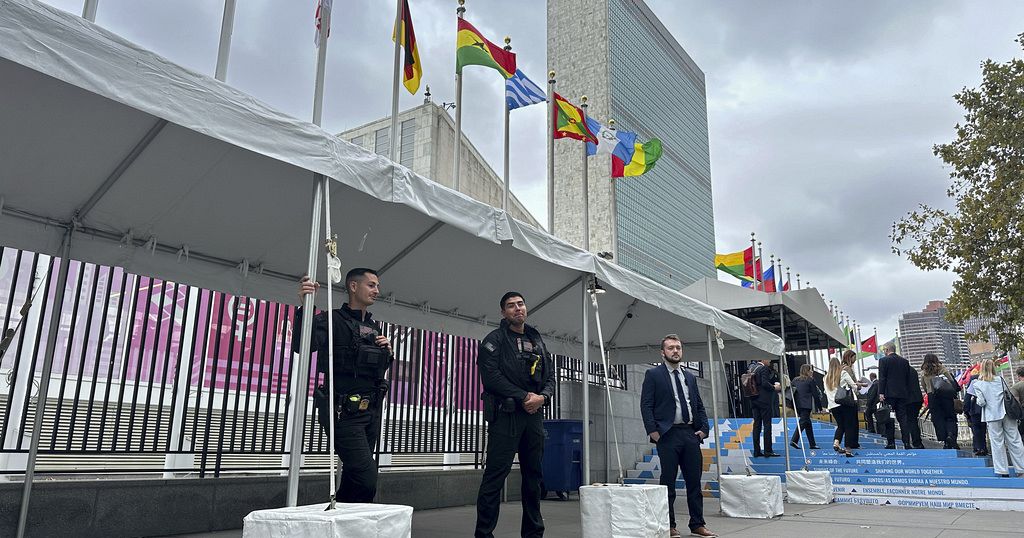
The 2024 United Nations General Assembly (UNGA), themed “Leaving no one behind: Acting together for peace, sustainable development, and human dignity for present and future generations,” highlights Africa’s key challenges, including climate change, economic inequality, and rapid urbanization. With over 60% of Africans under 25, this year’s discussions focus on empowering youth and women to shape the continent’s future.
Historically, UNGA has provided African nations a platform to raise global awareness of critical issues like poverty, climate change, and peacekeeping. This year, African leaders are exploring strategies to ensure sustainable urban growth while preventing social inequalities. As rural-urban migration intensifies, creating congestion, housing shortages, and environmental degradation, the need for balanced development that includes rural areas has become increasingly important. Farida Yahya, President of MWFAAN (Mandela Washington Fellowship Alumni Association of Nigeria), stresses the need for better infrastructure and public services in rural areas to alleviate migration pressures on cities.
Public-private partnerships (PPP) are crucial for addressing these challenges. By combining the strengths of governments, non-profits, and the private sector, African nations can implement green technologies and sustainable business practices in rapidly growing cities. Ronald Chagoury Jr., Vice Chairman of Eko Atlantic, emphasizes the importance of these initiatives: “We have an opportunity to leapfrog in terms of sustainability, environmental, and social sustainability.” He adds that by setting high green standards, “we’re inviting a lot of our developers to develop green buildings. A couple of our developers ended up getting IFC Edge certification, which allows for resource efficiency, the certifications are not a universal standard in Africa but we aim to elevate sustainable construction practices.”
Chagoury further explains the long-term benefits of such initiatives: “What that does for the city is it creates a more resilient city because we consume fewer resources—less electricity, less water.” He views these sustainable practices not as obstacles but as opportunities: “It could be perceived as challenging, whereas it actually is an opportunity. The more our buildings are efficient, the more economic benefits we will get.”
As the world enters an era of artificial intelligence (AI) and digital transformation, experts suggest Africa has a unique opportunity to leapfrog traditional development models by adopting innovative technologies. Embracing these advancements can accelerate sustainable development and create a more inclusive and resilient future for the continent.
Source: Africanews


